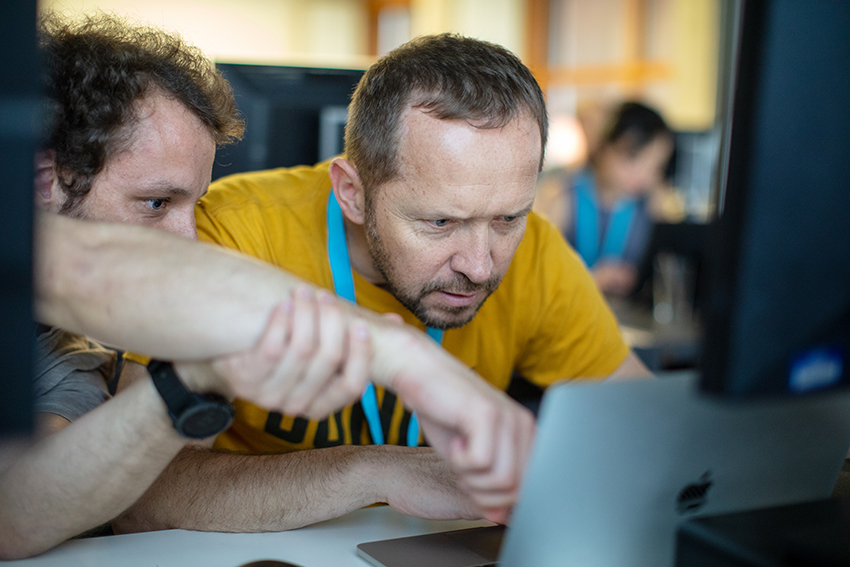Before we open the doors to the conference, Dataharvest features a full day of master classes and a Hackday on Thursday, May 30. This is a unique opportunity to get in-depth training from expert investigative journalism practitioners from across Europe.
They cost just €50 extra to attend, which if you ask us, is a bargain for a full day training! Classes are small, so spaces are limited! Below are details of the three master classes and the Hackday.

Your rights to information across borders
Learn how to use the law as a journalistic tool, in this master class led by Freedom of Information expert Tarjei Leer-Salvesen.
What you will learn
- How to make use of Right to Information laws across the world to access public information for use in cross-border journalism.
- How to access information from the EU institutions.
- How to use the Aarhus Convention and GDPR as tools to obtain information from private companies.
About the Instructor
Tarjei Leer-Salvesen is an independent investigative journalist, trainer and author. Based in Norway, his background is in newspapers and documentary film research. He has published three textbooks on investigative journalistic methods and ethics. His main area of expertise is the use of legislation to access public information as a journalistic tool.
In 2022-23, Tarjei was a fellow at the Oxford Reuters Institute for the Study of Journalism, where he developed a global overview of how journalists can exercise their right to information across borders.
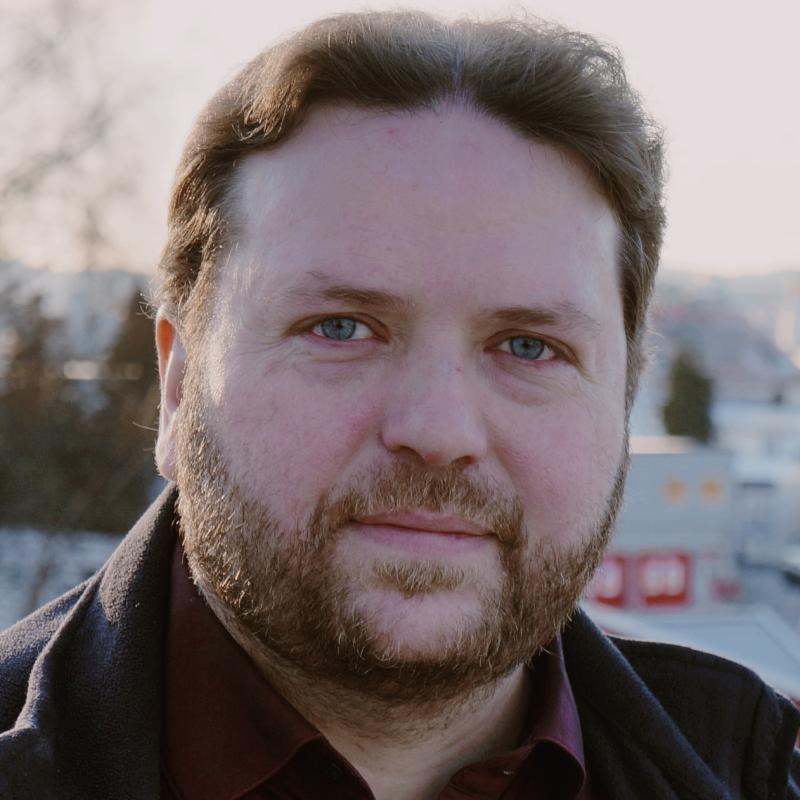

Deep dive into scientific methods in journalism
Learn how to understand and use science in your investigative reporting in this master class by expert science journalist Elisabetta Tola.
What you will learn
- How science works, and how to distinguish scientific hypotheses from pseudo-scientific theories.
- Where to find scientific research and data (from preprints to open source).
- How to read a scientific paper – where is the important information and what is less relevant – and making sense of science statistics.
- How to communicate science, including principles, standards, and indicators of high-quality science communication, and communicating uncertainty and complexity.
- Investigating conflicts of interest and revolving doors in science.
- Where to find support when covering science.
- Awareness of discrimination, gender and post-colonialism in science.
About the Instructor
Elisabetta Tola is an Italian science, tech, and data journalist, who holds a Ph.D in Microbiology. She is a 2019 Tow-Knight fellow from the Graduate School of Journalism, CUNY. She is president and co-founder of the independent non-profit journalism project Facta.eu, a nonprofit center applying the scientific method to investigative and data journalism, and CEO of the science communication agency Formicablu.
Elisabetta is a lecturer in digital, data and AI science journalism at the Master in Science Communication, Sissa, Trieste. She authored the handbooks “Driving Scientific Research into Journalistic Reporting” and “Making Sense of Science Stats”.
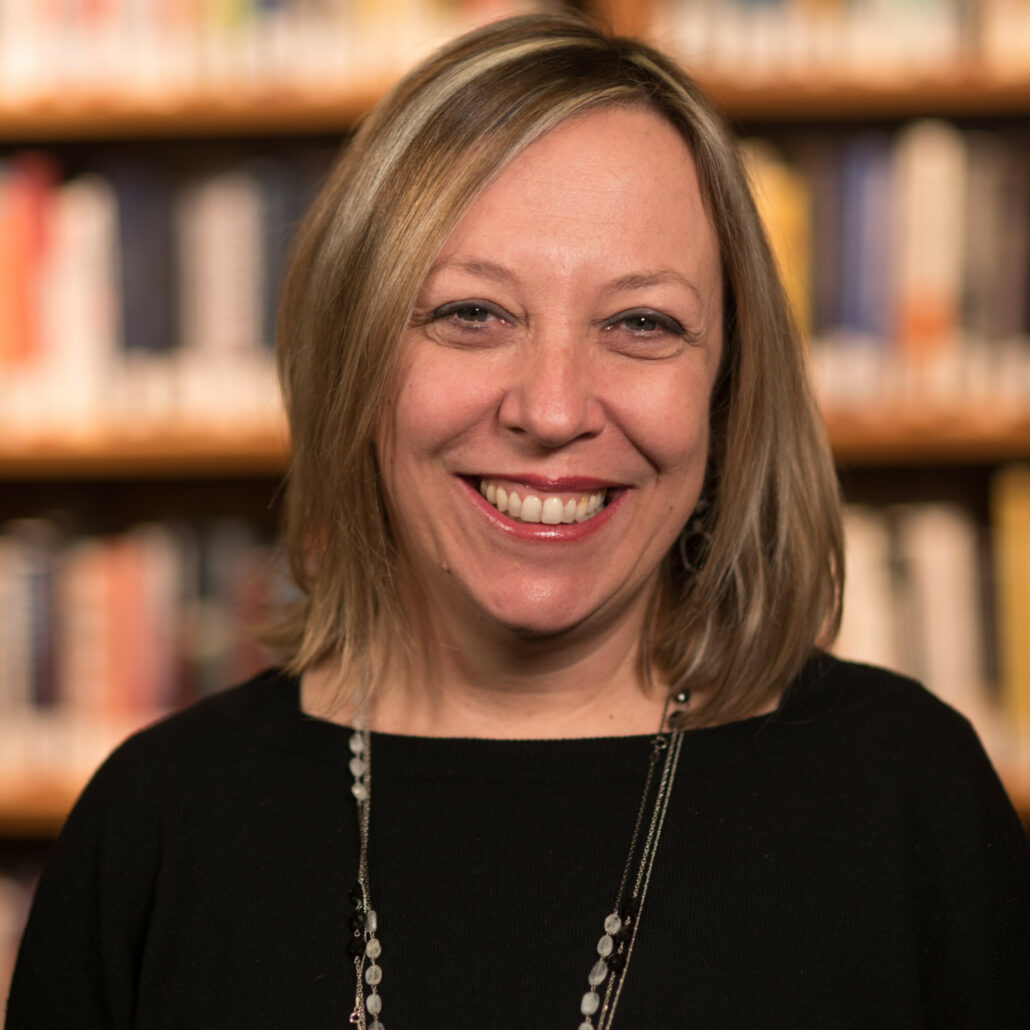

OSINT – methods and techniques
Learn how tools, techniques, and creative tips for using Open Source Intelligence in your investigations, led by OSINT experts Benjamin Strick and Reade Levinson.
What you will learn
- How to search the web for relevant information for your investigations.
- How to verify and separate this information from being dis-information or useful information.
- How to find out where someone has been and when, based on their social media images.
- How to use different satellite imagery providers to verify and map a person, group, or series of events by location, time and movement.
About the instructors
Benjamin Strick is the Director of Investigations at the Centre for Information Resilience. Benjamin leads teams in the use of open source intelligence (OSINT) to document human rights abuses, war crimes and influence operations across the world, and support journalism, civil society, governments and accountability mechanisms.
Ben was previously an open source investigator with BBC Africa Eye and a Bellingcat contributor. In 2021 he was awarded Open Source Intelligence Champion of the Year for investment, commitment and contribution to the field.
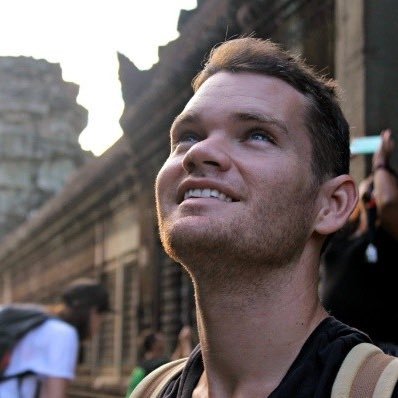
Reade Levinson is visual investigations reporter for Reuters, based in London. Reade was part of a team that last year revealed secrets behind the Nigerian military’s long campaign to crush the nation’s Islamist insurgency: a mass abortion programme aimed at women and girls impregnated by Boko Haram fighters, and targeted killings of children.
She has also written about stolen Ukrainian grain, the wealth of Burmese generals and the international trade in human body parts. Previously, she reported on U.S. immigration and policing from New York.
Her work with her Reuters colleagues has received several awards, including a Selden Ring Award, a Gerald Loeb Award and a Scripps Howard Award, among others.
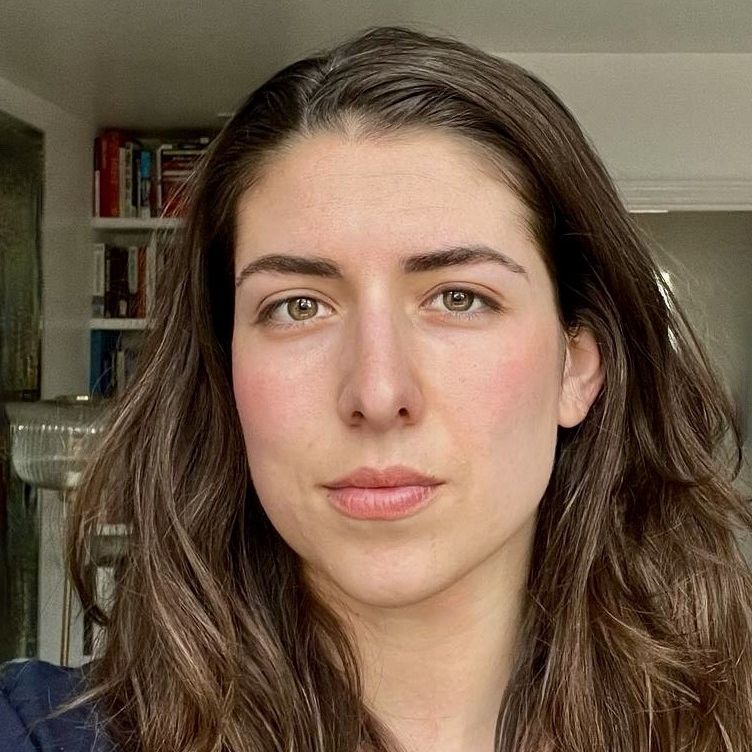

Join the Hackday
Know your way around a data set? Or need some help cleaning one? Join the Hackday and get some data ready for journalism. Arena’s data expert Adriana Homolová will organise this hands-on, collaborative data exploration.
The Hackday is a Dataharvest tradition, combining the talents of journalists and developers to dive into datasets and find hidden stories. In 2024, we plan to work on several different subjects – it may be EU agricultural data, European housing data, but also any other data you suggest!
About the coordinator
Adriana Homolová is a freelance data journalist and data skills trainer.
Adriana coordinates the data skills training track at Dataharvest and investigates the European Union for Follow The Money Bureau Brussel.
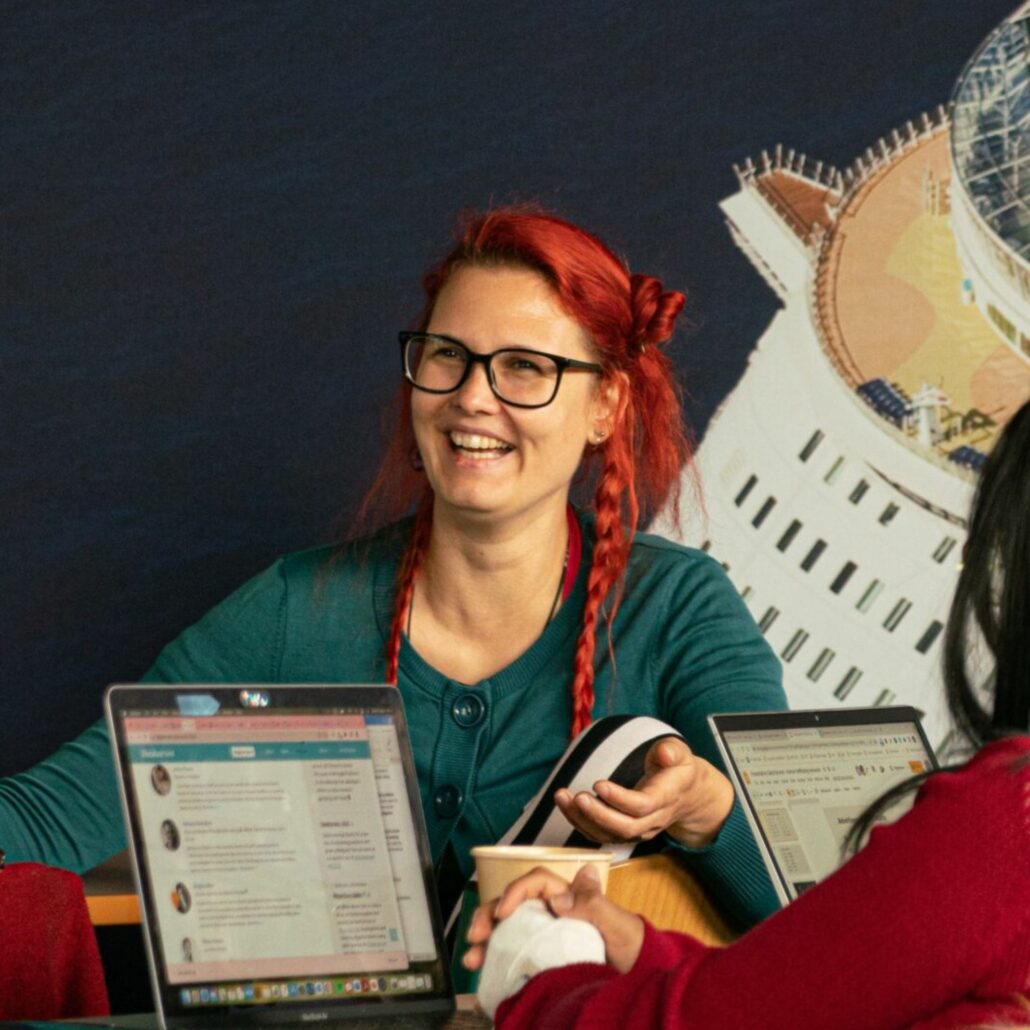

Interested in joining a master class or the Hackday? Follow the link below to select your Dataharvest ticket, then add a class on the next page.

